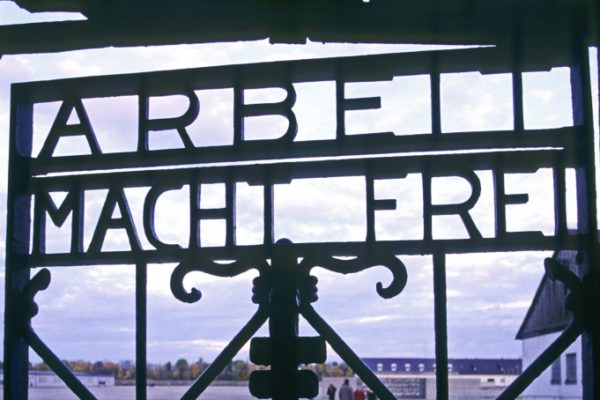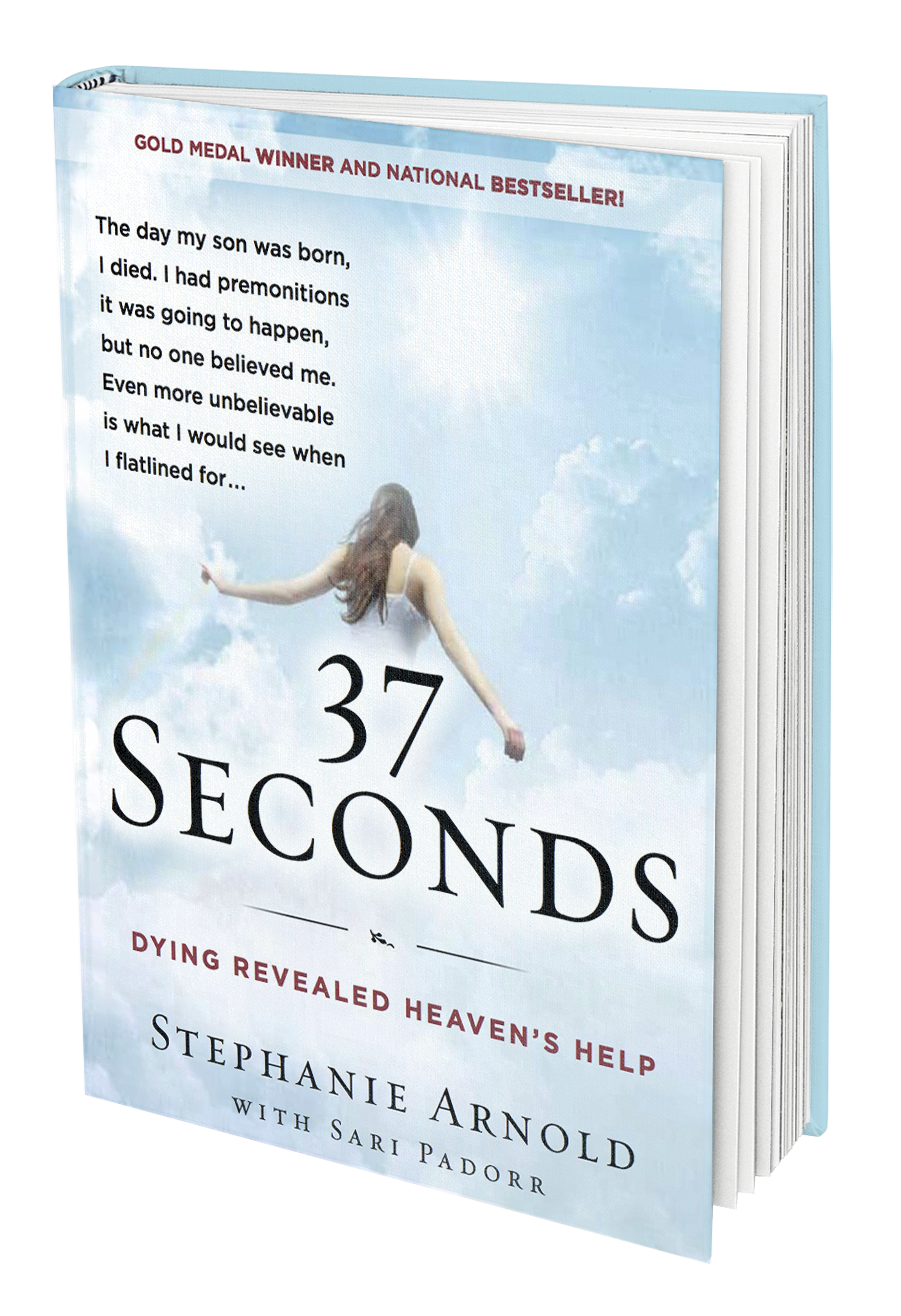I used to say this all the time. Something bad would happen, like a boy broke my heart and I would say “At least I wasn’t in the Holocaust.” I failed an exam, “At least I wasn’t in the Holocaust.” And again, when I had three benign lumps removed from my breasts, I would repeat the saying “At least I wasn’t in the Holocaust.” My friends and family would say, “I think it is an unfair comparison,” maybe so, but when I actually thought about what it would mean to live and die or survive the Holocaust, everything else seemed insignificant. My life’s disappointments were nothing but a bump in the road and I knew I would recover. Not many could have said that if they experienced WWII first-hand.
 My Rabbi talked about Elie Wiesel in his sermon today. How prayer and belief in G-d can wain through traumas and circumstances. “Coincidentally,” I had bought “Night”(Wiesel’s first book on his experience in the Holocaust), a few months ago and dropped it in my carry-on, to re-read when I had the chance.
My Rabbi talked about Elie Wiesel in his sermon today. How prayer and belief in G-d can wain through traumas and circumstances. “Coincidentally,” I had bought “Night”(Wiesel’s first book on his experience in the Holocaust), a few months ago and dropped it in my carry-on, to re-read when I had the chance.
Flying back from LA to Chicago the other night, I had our little boy asleep as we took off and a 5 year old, happy as a clam watching her Barbie movie. A peaceful moment. Now was my chance.
The horror of what happened in the 1930’s/40’s in Europe will never be lost on me. As a little girl I had heard plenty of stories, seen more than my share of documentaries and met many survivors to know I will never, ever forget what happened. Those images in the museums in Israel and Washington D.C. are so emblazoned in my mind, I used to think they were an extension of me. And they were. My ancestors, my family, my lineage, my people. So when others would have their own difficulties in life I would say “It could be worse, at least you weren’t in the Holocaust.” I was not trying to be insensitive, I was trying to put their pain in perspective as I was trying to help. Albeit, not well based on the reactions I would get. I was always told, “You cannot compare one’s current situations with that of the atrocities and lives lost many decades ago.” My answer was always “Why not?” It wasn’t to make me feel better, it was just my perspective. There will always be someone who is in a worse position, so I’m going to be ok. I will survive. That mindset served me well over the past three years.
With everything that has happened to my family, how our faith has been tested by surviving the impossible, how our family is intact through belief and prayer, I ask myself, “How is it one can survive something so horrific and not believe G-d exists?” At the same time asking, “How one can survive watching the pain and suffering and believing a loving G-d would allow it to happen?” How would I feel if I were alive back then, compared to how I feel now.
After witnessing everything I saw before and after those 37 Seconds, I can tell you I believe 100% in G-d’s will. And the power of prayer. But I also believe in the power of one’s own inner strength. And how to fight the beasts inside all of us who keep telling us to give it up. Whatever IT is to you.
Plowing through the pages and learning how children were stripped from their families and thrown into the gas chambers, I stroked my daughter’s hair and a tear fell from my face onto the book. She was so engrossed in her movie, she hadn’t noticed. But I noticed my overwhelming feeling to hold onto both of my children at that moment. To grab hold and never let go. And had I been faced with the same experiences these women went through to protect their children, I most certainly would have been counted among the Six Million who lost their lives, protecting the lives of their loved ones and holding onto faith Hashem would find his way to protect our souls.
I got a glimpse of this terror in the months before I died. I wasn’t tortured by Nazis and in comparison, like I did in the “old days,” I now realize, I could have stayed dead but it wouldn’t have been the end of my family. Silver lining perhaps. A different way to look at my trauma maybe.. 
Elie Weisel’s witness to the horrifying teenage life he led in the camps is hard to swallow. And as I was nearing the end of the book, I began to understand hope. Hope for a new life, hope for a new beginning, a new strength, seeing the bright future ahead of all of us. Then, 45 minutes left in the flight, that bright light started to dim. My son woke up abruptly and began to scream and be disagreeable the entire rest of the flight. What started out as a pleasant, dream-like beginning was ending in a screeching, crying nightmare for all around me. It was painful. Extremely painful. But again, not as bad as others have had it.
A change of perspective allowed me to see how beautiful this night was about to become. As things started to calm down at home, I put Jacob to bed and I kissed him goodnight. I started to turn off the lights and walk out of his room, when he says to me- “Mommy?” I answered “Yes, Jacob.” “Have sweet dreams mommy.” That was the most incredible thing he said on tonight of all nights. This was the first time he had ever said such a thing and it was more meaningful tonight because he wasn’t aware of what today was. It was the Jewish New Year and we wish everyone a sweet and happy new year. Tonight is the start of mine. To everyone out there: Sweet Dreams, tonight and every NIGHT to come. Appreciate all you have. Your life and the lives you have surrounding you, are blessings. And be grateful you were never in the Holocaust.



